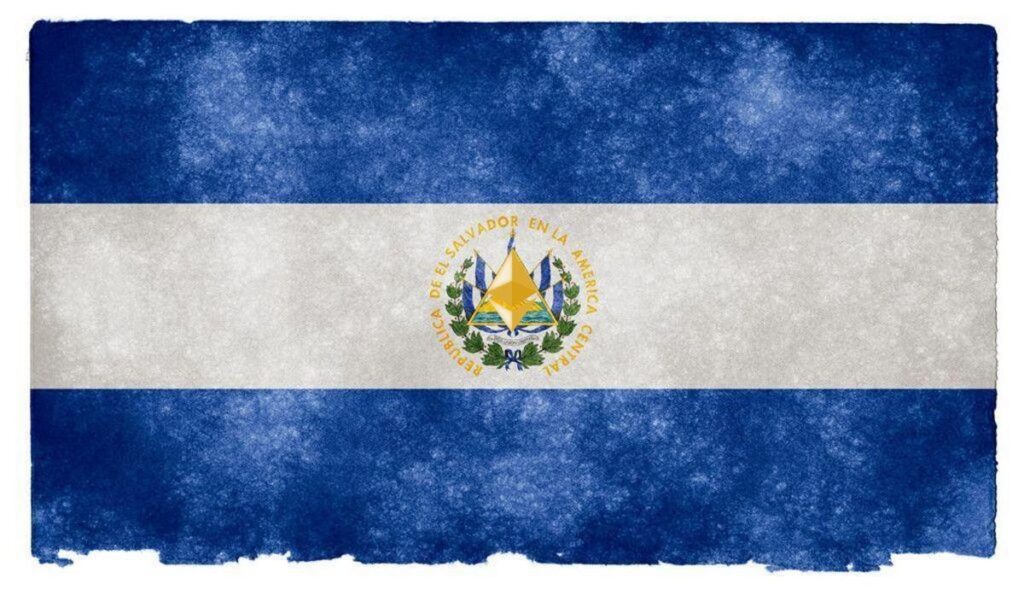
In June 2021, something unprecedented happened in the crypto world: El Salvador, a small Central American country, made Bitcoin legal tender. From then on, Salvadoran law allowed individuals and businesses, both public and private, to use the leading cryptocurrency without incurring capital gains taxes.
Two favorable tax measures are worth mentioning: First, in April 2023, El Salvador abolished all taxes on technological innovations, including computer hardware manufacturing and software development, to spur economic growth. Then, in March 2024, the Legislative Assembly reformed the income tax law, removing all tax burdens on remittances, including those made in Bitcoin.
“This reform benefits Salvadorans living abroad as well as foreign investors looking to invest in our companies. Capital movements, both domestic and international, are also exempt from taxes”.
–Christian Guevara, Finance Committee Chair.
Since Bitcoin’s landmark approval, despite facing criticism from traditional Salvadoran political sectors and numerous international organizations, the government has remained steadfast, advancing an ambitious plan to attract foreign investment, crucial for emerging economy growth. This aspect is more significant than commonly perceived; ironically, it is often misrepresented by political groups worldwide, who falsely claim that foreign investment leads to local job losses. Excessive protectionism only results in higher costs for consumers within their own country.
Salvadoran authorities are far from traditional. The evidence speaks for itself: according to Coincub, a leading platform analyzing the global crypto economy, Switzerland and El Salvador rank as the most crypto-friendly countries. Their assessment considers regulatory advancements in 2024, particularly incentives for integrating Bitcoin into traditional financial systems. El Salvador received an impressive rating of 9.2/10, second only to Switzerland’s 9.6/10. The United States scored 8.1, Canada 7.7, while Germany and France in Europe stood out with 8.9 and 8.7 respectively, all on a scale of 10.
El Salvador has emerged as a global role model for crypto adoption, inspiring other Latin American countries to implement similarly effective regulations. Last May, representatives from the Argentine government, now led by Javier Milei, met with members of El Salvador’s National Commission for Digital Assets (CNAD)… Discussions focused on integrating crypto into global economies and exploring potential collaboration agreements between the two nations.

An increasing number of mining pools are setting up in El Salvador
Some weeks ago, Ocean Mining, a decentralized Bitcoin mining pool backed by Jack Dorsey (Twitter’s creator), announced plans to set up offices in San Salvador. This follows a similar initiative from October 2023, when Volcano Energy, in collaboration with Luxor Technology, launched Lava Pool, the first Bitcoin mining pool in El Salvador.
“To further our decentralization efforts we needed a global presence, and El Salvador was the obvious choice. With places like Venezuela and the EU imposing legislation to ban Bitcoin mining, El Salvador’s political stance was in stark contrast and a beacon of hope for the industry”.
–OCEAN’s President Mark Artymko.
“We aim to establish a Bitcoin mining and energy company that oversees every stage of the process, benefiting both investors and the people of El Salvador”.
–Gerson Martínez, Strategy Director, Volcano Energy.
Additional insights about crypto adoption in El Salvador:
- According to Coin ATM Radar, El Salvador has the highest number of Bitcoin ATMs among all Latin American countries, with at least 215 machines in operation.
- Just days ago, Juan Carlos Reyes, president of El Salvador’s National Commission for Digital Assets (CNAD), stated to CriptoNoticias that Bitcoin, combined with the security measures implemented by the Nayib Bukele’s government, has played a pivotal role in the country’s tourism growth. According to a World Tourism Organization study, El Salvador’s tourism sector has surged by 35% since 2019.
- In 2021, El Salvador’s President Nayib Bukele introduced an ambitious project dubbed “Bitcoin City”, set to be financed through cryptocurrencies. Bukele envisions this city becoming an innovation hub for the region—a nearly tax-free metropolis boasting extensive residential, commercial, and service areas. The city’s eco-friendly focus revolves around harnessing the Conchagua volcano as its primary energy source.
Stay informed with the latest from Purse.io by subscribing to our Newsletter… We deliver weekly educational content on Blockchain, e-commerce, and cryptocurrencies! Follow us on social media for updates on Hamza.biz, the pioneering Web3 Marketplace powered by the Loadpipe protocol and the LOAD token. Our team’s solution is designed to revolutionize e-commerce with low gas fees and trading freedom. Click here to explore Hamza’s roadmap.
- bitcoin (62)
- bitcoin atms (4)
- bitcoin city (1)
- Bitcoin mining (9)
- blockchain technology (5)
- crypto adoption (25)
- cryptocurrencies (80)
- cryptocurrency (33)
- digital economy (10)
- e-commerce (56)
- el salvador (9)
- foreign investment (2)
- geothermal energy (1)
- Hamza.biz (65)
- loadpipe protocol (26)
- remittances (5)
- tourism (3)
- volcano energy (1)